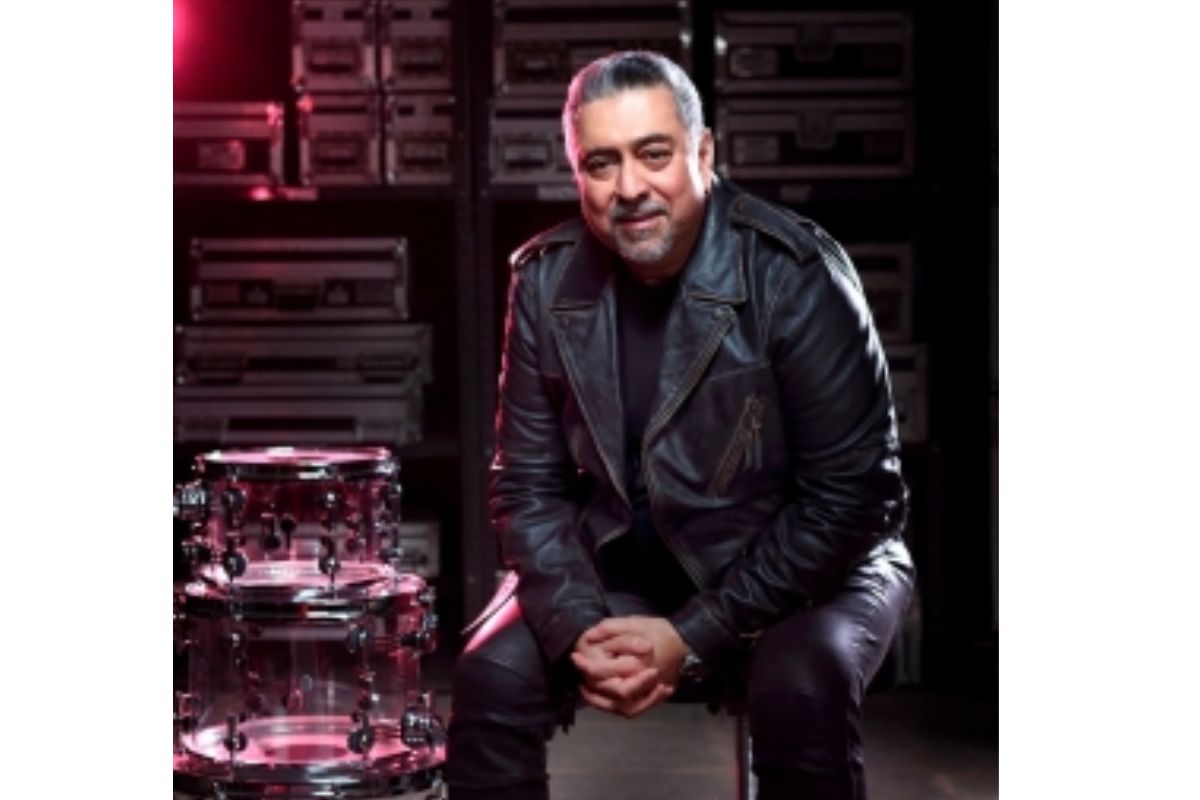He says playing the drums requires all four limbs to work together in synchronicity, creating a unique voice that is specific to the individual. That when one is on the drums, it is all about surrendering control and becoming a physical vehicle for the instrument to play through the person.
Adding that one develops a relationship with the drums, and “if you have a good enough connection, they will treat you well, but if not, they may not talk to you”, Ranit Barot, one of India’s best-known percussionists says, “When every day I look at my drums before playing them, it encourages me to play more. You believe that each drum has a unique sonic marker that you absorb into your brain, and that you spend your whole life chasing the sound you hear in your mind, which is why you keep playing.
Advertisement
“Overall, it seems like I have a deep respect and reverence for the drums and the art of drumming. Playing the drums is not just about technique, but also about developing a relationship and connection with the instrument. I did not necessarily find the drums, but rather they found me.”
Festival Curator of the one-day ‘Mahindra Percussion Festival’ held in Bangalore on March 18, Barot, who guitar legend John McLaughlin calls as “one of the leading edges in drumming”, feels it (the festival) has the potential to showcase the diverse range of drumming and musicianship in India and beyond, including folk, tribal, and contemporary styles. “By highlighting these traditions, the festival can shed a spotlight on indigenous cultures from Latin America and even Native American Indian cultures.”
Talking about bringing together Western and Indian sensibilities to his work, he opines that as a musician one may feel they compete with each other at times. However, ultimately, these cultural differences become superficial, and the music transcends all of them.
Stressing that after reaching a point where all the cultural differences disappear, one is in a place that has no nationality, no color, and no face, he says, “It is a place where everyone is resonating at the same frequency, and it’s just bouncing ideas off to each other. It’s amazing how music can bring people from different parts of the world together, regardless of their background or culture. It’s a tool that helps us transcend our human limitations and connect with each other on a deeper level. So, in the end, music trumps all music, and it’s something that we can all enjoy and appreciate regardless of our differences.”
Optimistic about the contemporary independent music scene in the country, the musician who has worked extensively in the film industry believes it to the music industry what independent films are to the movie industry. “OTT platforms are getting a lot of good content, just as indie musicians are talking about real-life stories that resonate with audiences, particularly younger listeners.
There are many indie artists out there, and I’ve seen my daughter perform in front of crowds of 8,000 to 12,000 people, which is a testament to the growing attraction of original music that’s not driven by glamor or flash. I’ve been playing drums for over 45 years, but I know that it’s not just me that’s drawing such big crowds.”
Also, a film score music composer and a longtime associate of A.R. Rahman, the musician, who is legendary dancer Sitara Devi’s son asserts he never felt any pressure from her to pursue a career in music, in fact, she wanted him to become a doctor. “My mother’s attitude, desire, and relentless nature to be the best influenced me the most. Her name didn’t get me the job; it was my merit that got me where I am today. I attribute my success and my hard work to my mother’s influence.”
Working with John McLaughlin was a life-changing experience for Barot as it refined him as a musician and gave him immense confidence. Adding that it taught him how to approach the drum set in ensemble playing and how to write for Indian musicians, he says, “Indian music is ragga-driven, and when you combine it with the Western harmony, it takes a lot of knowledge to make the two worlds meet seamlessly. John McLaughlin and the 4th Dimension gave me the best education I could get in this regard. Gary Husband and Etienne Mbappe, the other two members of the band, also informed me equally about all aspects of being in a rhythm section and soloing.”
“It was a complete experience that taught me how to be complete without having to play too much or have any excess baggage. Everything I am today would not have happened if I had not been part of that band,” he concludes.











